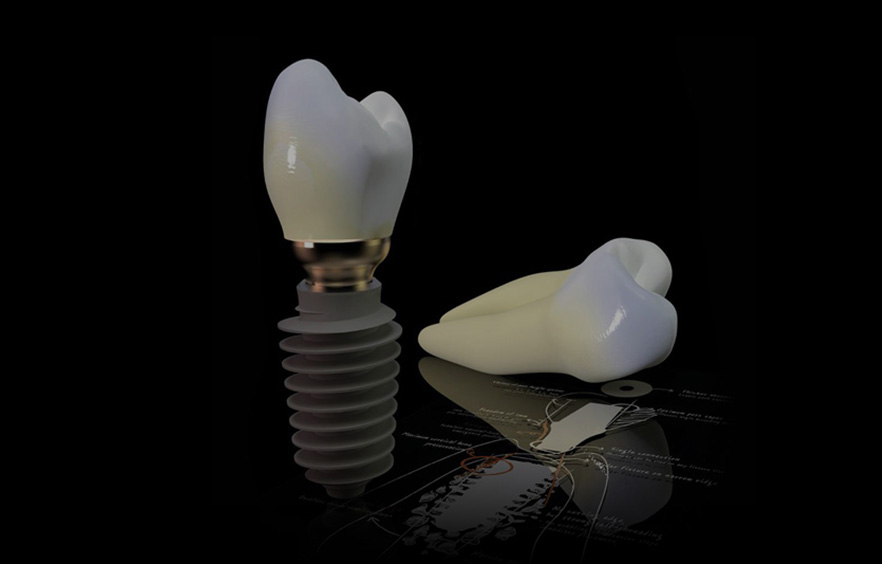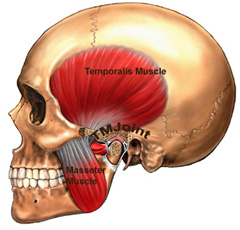TMJ Disorders

 TMJ disorders are medical problems related to the temporomandibular joint (TMJ), the joint that connects the lower jaw to the skull. These problems can cause pain, difficulty chewing, and other issues.
TMJ disorders are medical problems related to the temporomandibular joint (TMJ), the joint that connects the lower jaw to the skull. These problems can cause pain, difficulty chewing, and other issues.
You can feel your TM joints by placing your fingers directly in front of your ears and opening your mouth. What you're feeling are the rounded ends of your lower jaw as they glide along the joint socket of your temporal bone (that's the part of your skull that contains your inner ear and temple).
TMJ disorders can affect people of any age. Most of the people who have TMJ disorders are young women.
What Are the Signs and Symptoms?
There are lots of different types of TMJ disorders. So it follows that there are also many different symptoms. Some of the more common signs of a TMJ disorder are:
- Pain in the facial muscles, jaw joints, or around the ear. Some people also feel pain in the neck and shoulders, especially when they talk, chew, or yawn. Occasionally people with TMJ disorders may have muscle spasms.
- Popping, clicking, or grating sounds when opening or closing your mouth. (Some people hear these noises but don't have other symptoms. When that's the case, they may not have a TMJ disorder.)
- Difficulty chewing or biting.
- Headaches, dizziness, ear pain, hearing loss, and ringing in the ears (tinnitus).
- Trouble opening your mouth all the way or jaw locking. It is also possible for the jaw to lock wide open or lock shut.
Treating TMJ Disorders
If you do have a TMJ disorder, the pain may go away on its own in a few days. In the meantime, try to eat soft foods.
Avoid doing things that might aggravate the temporomandibular joint or face muscles, such as chewing gum, clenching or grinding your teeth, or opening your mouth extra wide when you yawn. Applying ice packs or heat on the side of the face may offer some relief.
If the pain is especially intense or does not go away on its own, see your doctor or dentist right away.
If your jaw gets locked open or shut, go to a hospital emergency room. Doctors may manipulate your jaw until you can open or close it. (Sometimes doctors will give people medication if it's needed to keep them comfortable during the procedure.)
